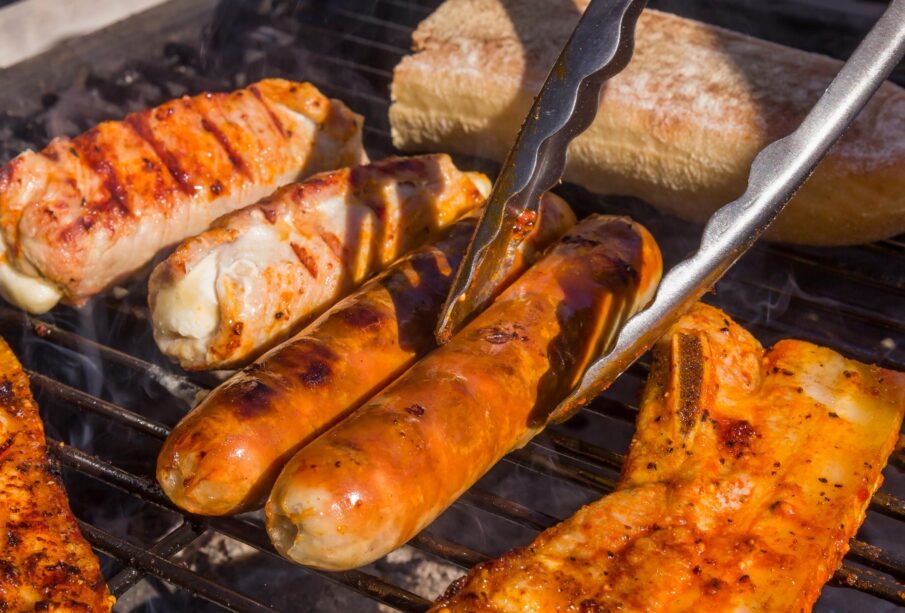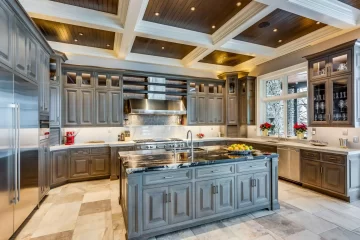Buying a Grill: What You Need to Know

Like a grill does in the backyard, the range is the centre of attention in your kitchen. Summer and outdoor activities are synonymous with this time of year in the United States.
Pellet grills, gas grills, and charcoal barbecues are all options when shopping for a grill, all of which have recently entered the market. Consumer Reports is uninterested in rehashing the debate over which kind of fuel is best for grilling, and our experts find that all three types have their advantages.
If your grill runs on gas, all you have to do is light the burners to get things cooking. Because of this, gas is the most practical fuel option. Charcoal grilling, whether on a normal barbecue or a more specialised kamado grill, gives you greater leeway in terms of heat distribution since the size of the fire you build dictates how much energy is transferred to the grilling surface. Wood pellets are the fuel source for pellet grills, which are designed to replicate the flavour of traditional charcoal barbecues while also allowing for precise temperature control. Specialists apply different criteria to each kind because of these variances.
Methods CR Uses to Put Grills to the Test
Consumer Reports examines and ranks grills that can be used for a wide range of cooking styles and are affordable for a wide range of people. They range in size from little grills that can be brought camping to massive barbecues designed to feed a whole neighbourhood. Every year, the experts publish reviews of dozens of new grills, from entry-level gas and pellet barbecues to advanced charcoal grills for those in the market for a replacement. Experts’ reviews with their star ratings are available online. There’s a wide range of prices, from just under $100 to well over $3,000. Choosing the Black Earth Grills is essential here.
The Use of Gas in Grills
After connecting the outside of each gas grill with thermocouples in a laboratory, specialists conduct four separate temperature testing. The experts average over 3,240 readings per grill. Since our data shows that most people like to begin cooking around the ten-minute mark, that’s when the experts check to see how hot the surface has become to see how effectively it preheats. Experts check the consistency of the cooking in each model as well. If you’re making a bunch of burgers at once, having them all ready at the same time is a big deal, so this is essential information to have.
A grill’s ability to maintain a moderate heat, such as that needed to cook a thick chicken breast without burning it, is the focus of their indirect-cooking test. The experts also consider the grill’s temperature range, making sure it can become hot enough to properly sear a steak and cool enough to slow-cook ribs.
Conclusion
Each model is put through its paces by being dragged around a deck or patio and pushed and pulled with a colossal apparatus designed by experts in the field to simulate real-world conditions. Plus, the experts collect data on the gas grills owned by over tens of thousands of CR members to find out which brands are the most reliable.











